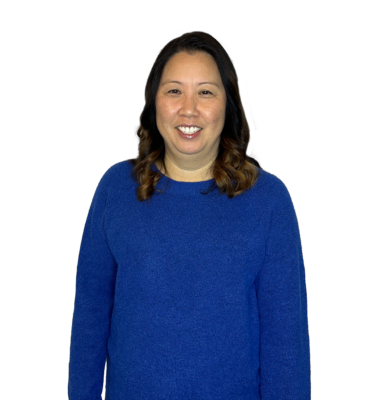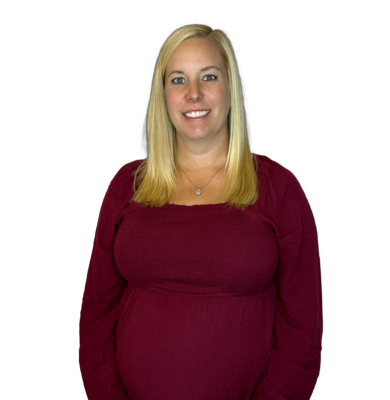Evaluation Services
A well-designed evaluation process serves as an integrating element for the entire cycle of a training program or workshop. Timely evaluation provides both qualitative and quantitative feedback to ensure the relevance and usefulness of knowledge transfer.
Properly executed, the evaluation process is much more than scorekeeping after the fact. Rather, it validates the transfer and application of knowledge and guides the development, delivery, and modification to best serve the needs of learners.
Philosophy and Approach
Dering provides an evaluation and analysis of training programs and workshops within the tried and true framework of the Kirkpatrick Levels of Evaluation:

- The Level 1 survey is used to determine participants’ reaction, typically using a Likert scale, to course content, instructor effectiveness, and the facility.
- The Level 2 training evaluation captures information on the transfer of knowledge, as indicated by performance on pre- and post-course assessments.
- The Level 3 survey is distributed to participants and sometimes participants’ supervisors approximately three to six months after the training. The questions are designed to help measure how learning has been applied on the job and what quantifiable results have been realized.
- Level 4 evaluation serves to further define the quantifiable benefits received from training or to better understand the barriers to their implementation. Based on response to the Level 3 form, Dering interviews participants by phone and captures their narrative feedback.
Not every level must be used. Based on upfront conversations, we can design an evaluation approach that best supports your needs. Together, we can determine which levels of evaluation are appropriate for the type of training program or workshop; the design and delivery of the evaluation instruments; the structure of the summary reports; and, how frequently reports should be compiled.
Benefits
- Evaluation helps ensure your training programs and workshops are relevant and useful your participants.
- Receiving participants’ reactions following a training program or workshop allows you to make any needed modifications before future sessions are held.
- Pre- and post-assessments can help you measure the effectiveness of the training.
- Follow-up surveys and interviews help you further understand how training has been applied on the job, or discover barriers to implementation.















